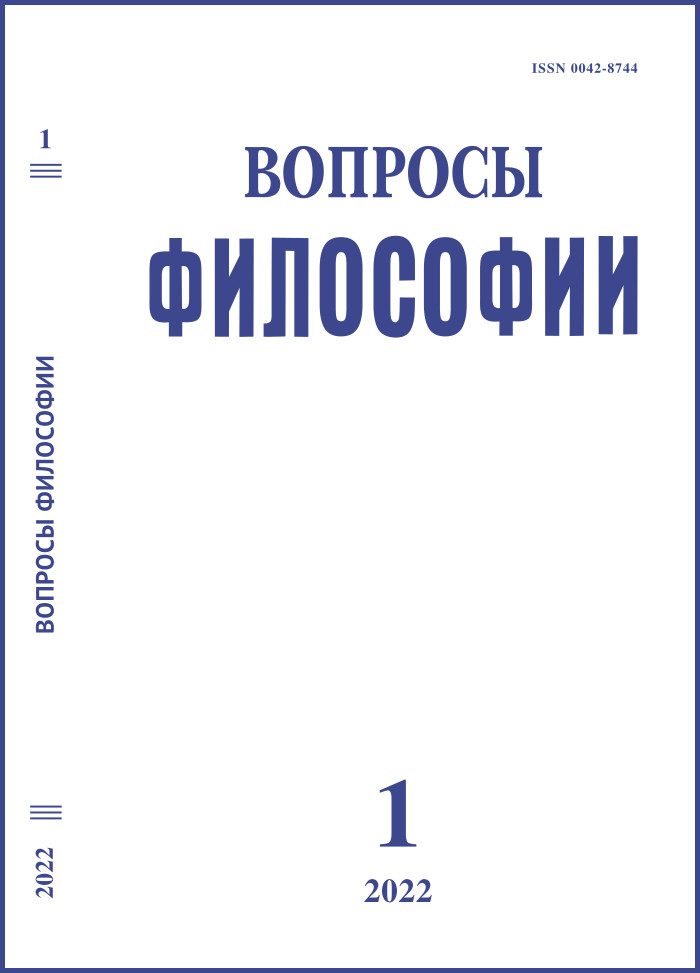Brodsky and Clio: the Profile of Skeptical Philosophy of History
DOI:
https://doi.org/10.21146/0042-8744-2022-1-65-77Keywords:
The Apotheosis of Groundlessness, Shestov, Exile, Herzen, Hamlet, Shakespeare, Profile of Clio, Brodsky, Republic, Plato, LöwithAbstract
In the wake of mounting disasters of the last century, poets and philosophers developed the notion of the total arbitrariness of history. In the wording of Karl Löwith, “the skeptic and the believer have a common cause against the easy reading of history and its meaning. Their wisdom, like all wisdom consists not the least in disillusion and resignation, in freedom from illusions and presumptions”. The Hegelian claim that history has an ultimate meaning, or final purpose, or goal was vehemently rejected, as well as Plato’s utopia of a “just city”. In his essays and poems, Brodsky postulates the randomness of history. He borrowed the notion of randomness from the book by Lev Shestov “The Apotheosis of Groundlessness”. Shestov promoted the idea of mental nomadism, or freedom from causal thinking and scientism. For Brodsky, being a nomad mentally meant to escape from both rationalist interpretation of history and the theological idea of Providence. He believed that rationalism’s greatest casualty was individualism. Besides, the doctrine of historical determinism and the notion of Providence’s general benevolence translated itself into a patient waiting for a Storm Trooper. Seeing problems with such patient waiting in place, such as deportation of Jews to death camps, Brodsky suggested that it would be much better to become a nomad. Brodsky developed his ideas against the foil of the Bible, the Republic of Plato and Hamlet by Shakespeare. He described nomadism as Israel’s Exodus from Egypt and the expulsion of poets from Plato’s Just City.
Published
Versions
- 2025-02-06 (2)
- 2022-01-31 (1)

